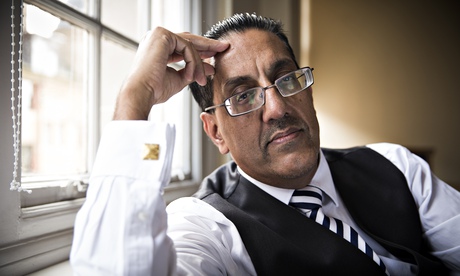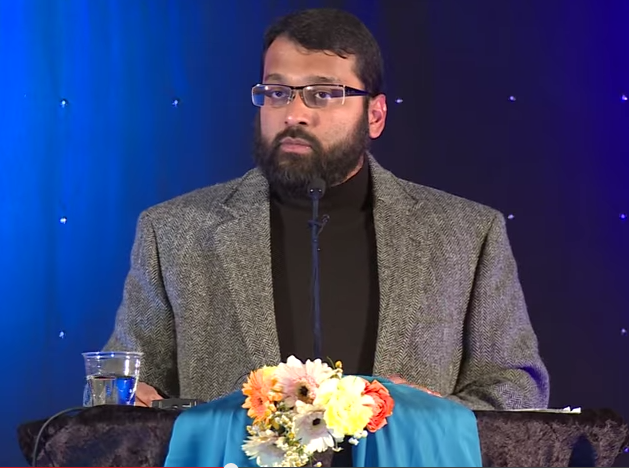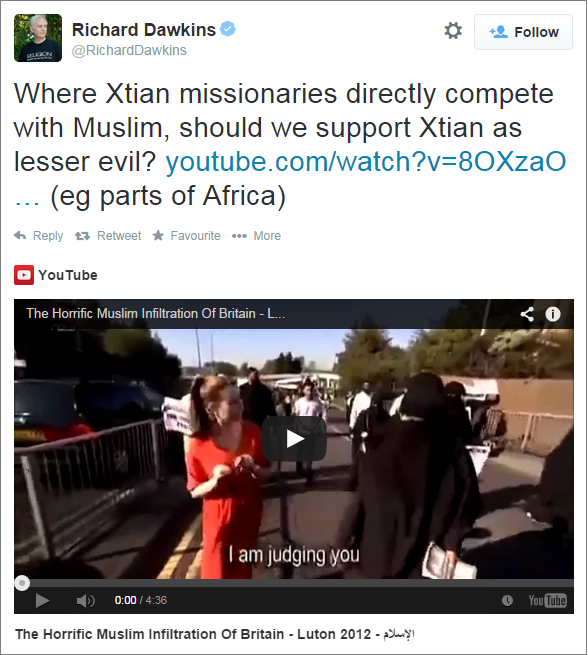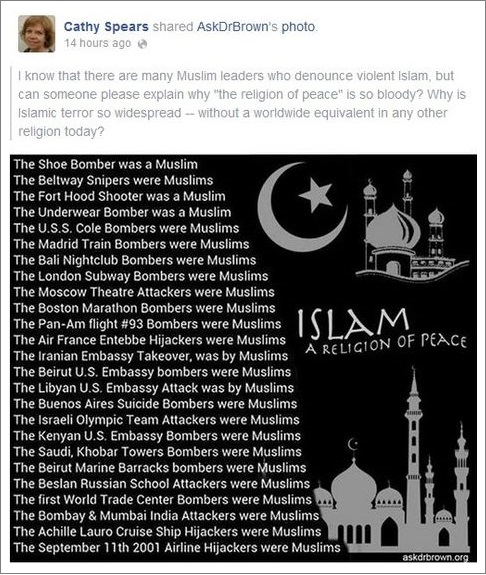 In the highly charged fallout from the Rotherham report, Nazir Afzal, the Crown Prosecution Service’s lead on child sexual abuse and violence against women and girls, tries to offer a calm perspective. Unruffled by mounting media hysteria over the ethnicity of abusers in Rotherham, he suggests stepping back and taking a wider view of the nationwide picture of child sex abuse.
In the highly charged fallout from the Rotherham report, Nazir Afzal, the Crown Prosecution Service’s lead on child sexual abuse and violence against women and girls, tries to offer a calm perspective. Unruffled by mounting media hysteria over the ethnicity of abusers in Rotherham, he suggests stepping back and taking a wider view of the nationwide picture of child sex abuse.
His role means he has oversight of all child sex abuse cases in England and Wales. “So I know that the vast majority of offenders are British white male,” he says, setting the number at somewhere between 80 and 90%. “We have come across cases all over the country and the ethnicity of the perpetrators varies depending on where you are … It is not the abusers’ race that defines them. It is their attitude to women that defines them.”
Afzal, 51, is resigned to the ongoing scrutiny of commentators on the right towards the role of Asian men in recent grooming cases, but thinks that the focus is an overreaction. He is also wary of the suggestion found in the report, and reiterated by home secretary Theresa May on Tuesday, that a culture of “political correctness” had contributed to the authorities’ decision to turn a blind eye to the abuse of at least 1,400 in Rotherham.
“I don’t want to play it down. The ethnicity of these perpetrators is what it is. It is a matter of fact. It is an issue that has to be addressed by the state, and the authorities and the community – but it’s important to contextualise this,” he says, racing rapidly through his arguments, twizzling a paper-clip in his fingers in time with his swift delivery.
He notes that the amount of media attention devoted to child sex abuse cases is inconsistent. He led the legal teams that reopened and successfully prosecuted the Rochdale grooming case in 2012, over the abuse of 47 girls by a group of Asian men. “A few weeks after the Rochdale case, we dealt with a case of 10 white men in North Yorkshire who had been abusing young girls, and they were all convicted and they got long sentences. It didn’t get the level of coverage,” he says.
Where there is involvement of Asian men or men of Pakistani origin, he points to a practical, rather than cultural explanation – the fact that in the areas where grooming scandals have been uncovered, those controlling the night-time economy, people working through the night in takeaways and driving minicabs, are predominantly Asian men. He argues that evidence suggests that victims were not targeted because they were white but because they were vulnerable and their vulnerability caused them to seek out “warmth, love, transport, mind-numbing substances, drugs, alcohol and food”.
“Who offers those things? In certain parts of the country, the place they go is the night-time economy,” he says. “Where you have Pakistani men, Asian men, disproportionately employed in the night-time economy, they are going to be more involved in this kind of activity than perhaps white men are. We keep hearing people talk about a problem in the north and the Midlands, and that’s where you have lots of minicab drivers, lots of people employed in takeaways, from that kind of background. If you have a preponderance of Asians working in those fields, some of that number, a very small number of those people, will take advantage of the girls who have moved into their sphere of influence. It’s tragic.”
Continue reading →
 Spain’s interior minister Jorge Fernández Díaz on Wednesday said the Spanish government would consider including a ban on burqas as part of a packet of planned new security reforms.
Spain’s interior minister Jorge Fernández Díaz on Wednesday said the Spanish government would consider including a ban on burqas as part of a packet of planned new security reforms.
 The insurgence of the Islamic State, previously known as Isis, is causing hundreds of deaths in Iraq and Syria.
The insurgence of the Islamic State, previously known as Isis, is causing hundreds of deaths in Iraq and Syria. The mosque in Cardiff that two young men attended before they left for Syria and appeared in an extremist recruitment video has denied having anything to do with their radicalisation – and instead claimed they could have been inspired by images in the mainstream media.
The mosque in Cardiff that two young men attended before they left for Syria and appeared in an extremist recruitment video has denied having anything to do with their radicalisation – and instead claimed they could have been inspired by images in the mainstream media. Two Turkish mosques in Germany’s Lower Saxony state has come under attack by unknown assailants.
Two Turkish mosques in Germany’s Lower Saxony state has come under attack by unknown assailants. In the highly charged fallout from the Rotherham report, Nazir Afzal, the Crown Prosecution Service’s lead on child sexual abuse and violence against women and girls, tries to offer a calm perspective. Unruffled by mounting media hysteria over the ethnicity of abusers in Rotherham, he suggests stepping back and taking a wider view of the nationwide picture of child sex abuse.
In the highly charged fallout from the Rotherham report, Nazir Afzal, the Crown Prosecution Service’s lead on child sexual abuse and violence against women and girls, tries to offer a calm perspective. Unruffled by mounting media hysteria over the ethnicity of abusers in Rotherham, he suggests stepping back and taking a wider view of the nationwide picture of child sex abuse.
 Anti-Islamic posts on an Appleton alderwoman’s Facebook page prompted sharp criticism Tuesday from community members who called the sentiments hateful and dangerous.
Anti-Islamic posts on an Appleton alderwoman’s Facebook page prompted sharp criticism Tuesday from community members who called the sentiments hateful and dangerous. There were angry scenes involving members of the public after councillors gave approval for an Islamic cultural centre and place of worship.
There were angry scenes involving members of the public after councillors gave approval for an Islamic cultural centre and place of worship.
